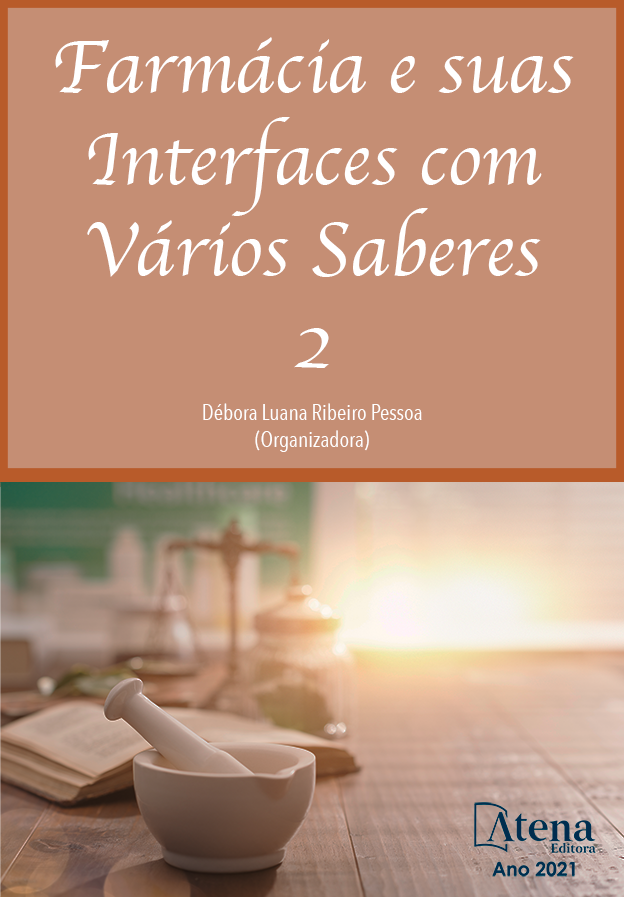
IMPACT OF PHARMACEUTICAL HOMECARE IN PATIENTS WITH NON-CONTROLLED HYPERTENSION
Introdução: Em 2014, o Ministério da Saúde modificou a prática farmacêutica no país com a publicação das instruções para a prática do Cuidado Farmacêutico. Objetivo: Avaliar o impacto do método clínico da assistência farmacêutica domiciliar em pacientes com hipertensão arterial sistêmica não controlada. Métodos: Foi realizado estudo de coorte prospectivo observacional de 2015 a julho de 2016. Os pacientes foram organizados em dois grupos. O grupo exposto recebeu o tratamento usual na unidade de saúde e consultas farmacêuticas mensais domiciliar, de acordo com o método clínico da atenção farmacêutica. O grupo não exposto recebeu apenas o tratamento usual da unidade de saúde. Foram avaliados a adesão ao tratamento medicamentoso, as dificuldades dos pacientes em relação à farmacoterapia e ao controle da pressão arterial. Resultados: 57 pacientes foram organizados em dois grupos (Grupo Não Exposto = 27; Grupo Exposto = 30). Em ambos os grupos, 66,7% dos pacientes eram não aderentes no início do estudo. No final do estudo, os pacientes não aderentes no grupo não exposto eram 59,7%, enquanto no grupo exposto eram 36,7%. No grupo não exposto, a pressão arterial média no início do estudo era 139,6 / 88,8 mmHg e ao final 133,3 / 85,9 mmHg. No grupo exposto, a pressão arterial no início do estudo era de 141,3 / 85,3 mmHg e ao final de 130,6 / 81,3 mmHg com diferença estatisticamente significativa. Conclusão: Os resultados mostraram que os pacientes do grupo exposto melhoraram o controle da pressão arterial, além da adesão ao tratamento.
IMPACT OF PHARMACEUTICAL HOMECARE IN PATIENTS WITH NON-CONTROLLED HYPERTENSION
-
DOI: 10.22533/at.ed.81421120615
-
Palavras-chave: Adesão ao tratamento, Saúde Pública, Atenção farmacêutica
-
Keywords: Medical adherence, Public Health, Pharmaceutical care
-
Abstract:
Introduction: By 2014, the Ministry of Health shifted the pharmaceutical practice in the country with the publication of instructions for the practice of Pharmaceutical Care. Objective: Evaluate the impact of the clinical method of pharmaceutical care in the homes of patients with non-controlled systemic arterial hypertension. Methods: We conducted an observational prospective cohort study from 2015 to July 2016. The observed patients were organized into two groups. The exposed group received the usual treatment from the health facility and monthly home pharmacy consultations, according to the clinical method of pharmaceutical care. The unexposed group received only the usual treatment from the health facility. It was evaluated drug treatment adherence, patients’ difficulties regarding pharmacotherapy and blood pressure control. Results: 57 patients were organized into two groups (Unexposed Group = 27; Exposed Group = 30). In both groups, non-adherent patients were 66.7% (38) at the first evaluation. At the end of the study, non-adherent patients in the unexposed group were 59.7% while in the exposed group they were 36.7%. In the unexposed group, the mean blood pressure at the beginning of the study was 139.6/88.8 mmHg and at the end 133.3/85.9 mmHg. In the exposed group, blood pressure at the beginning of the study was 141.3/85.3 mmHg and at the end 130.6/81.3 mmHg with statistically significant difference. Conclusion: The results showed that patients in the exposed group improved their blood pressure control in addition to treatment adherence.
-
Número de páginas: 18
- Bianca Rodrigues Acacio
- Cristiane Munaretto Ferreira
- Erica Freire Vasconcelos-Pereira
- Marcos Antonio Ferreira Júnior
- Vanessa Marcon de Oliveira
- Maria Tereza Ferreira Duenhas Monreal
- Vanessa Terezinha Gubert


